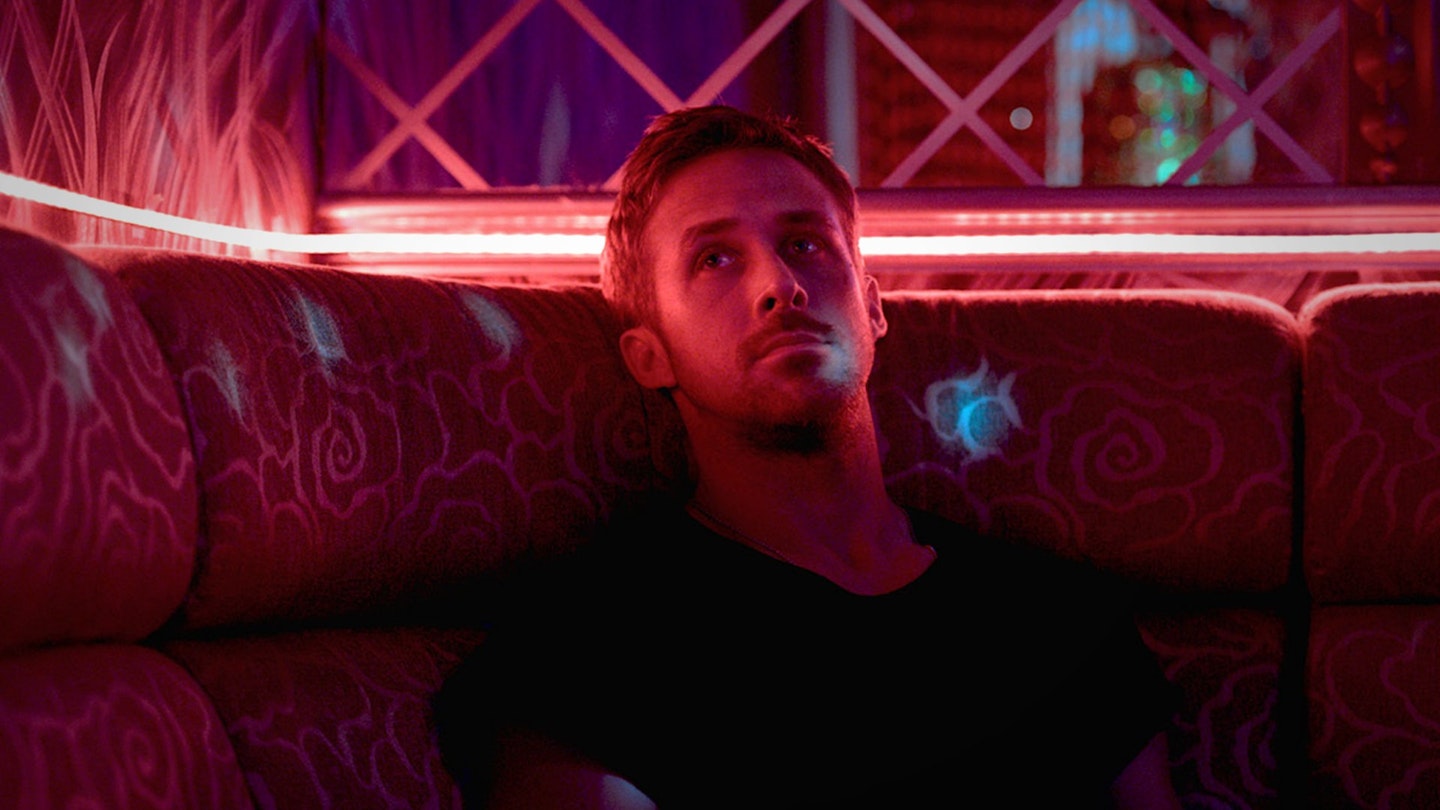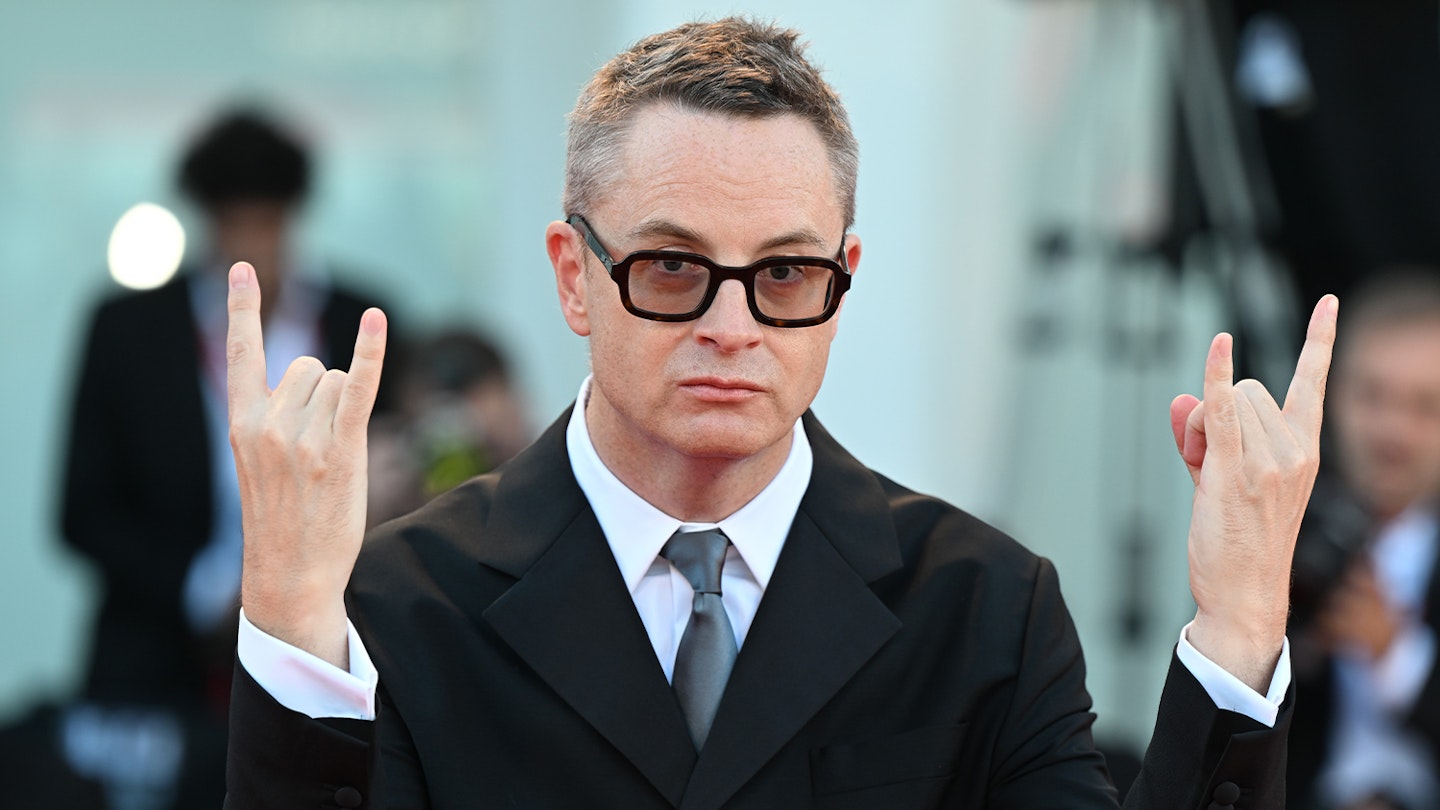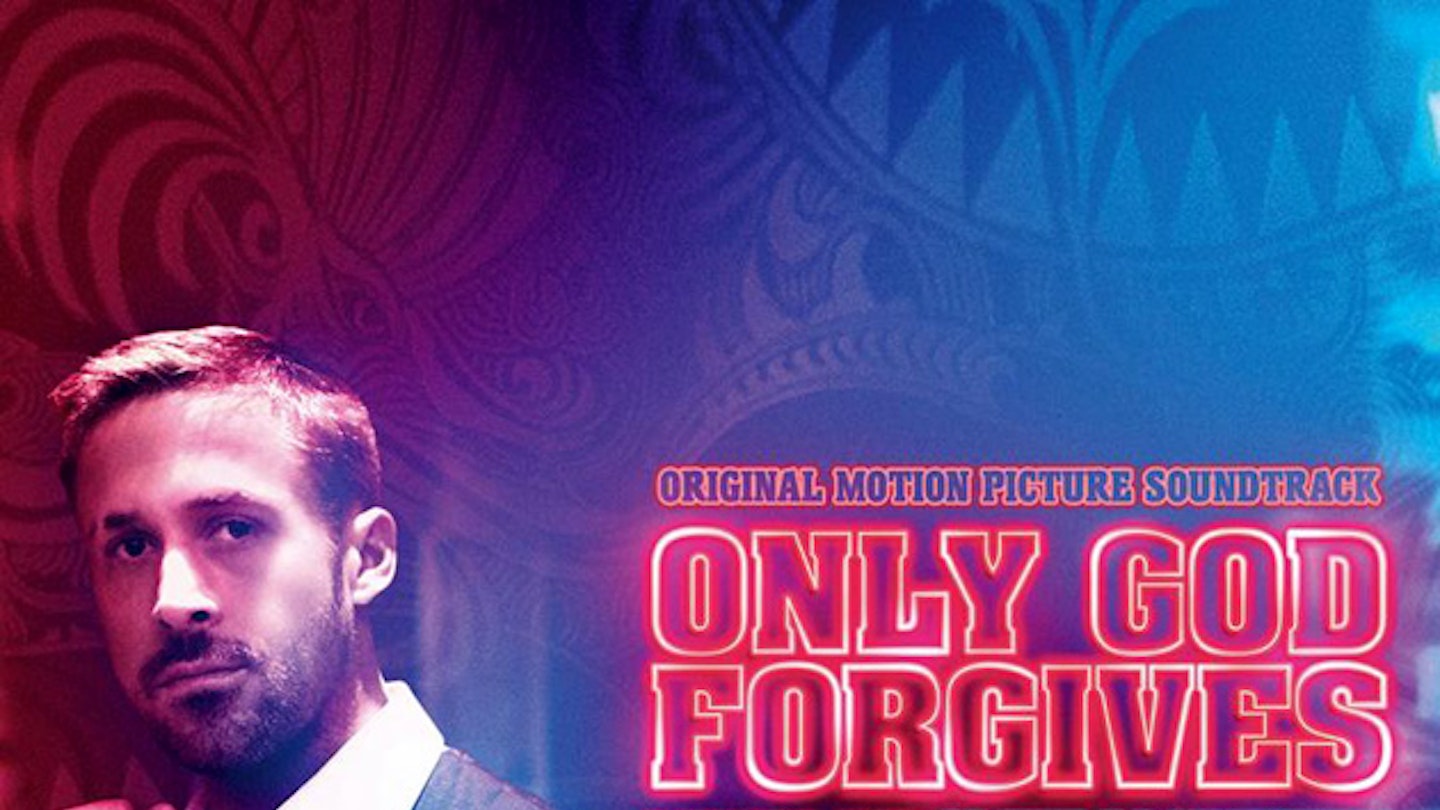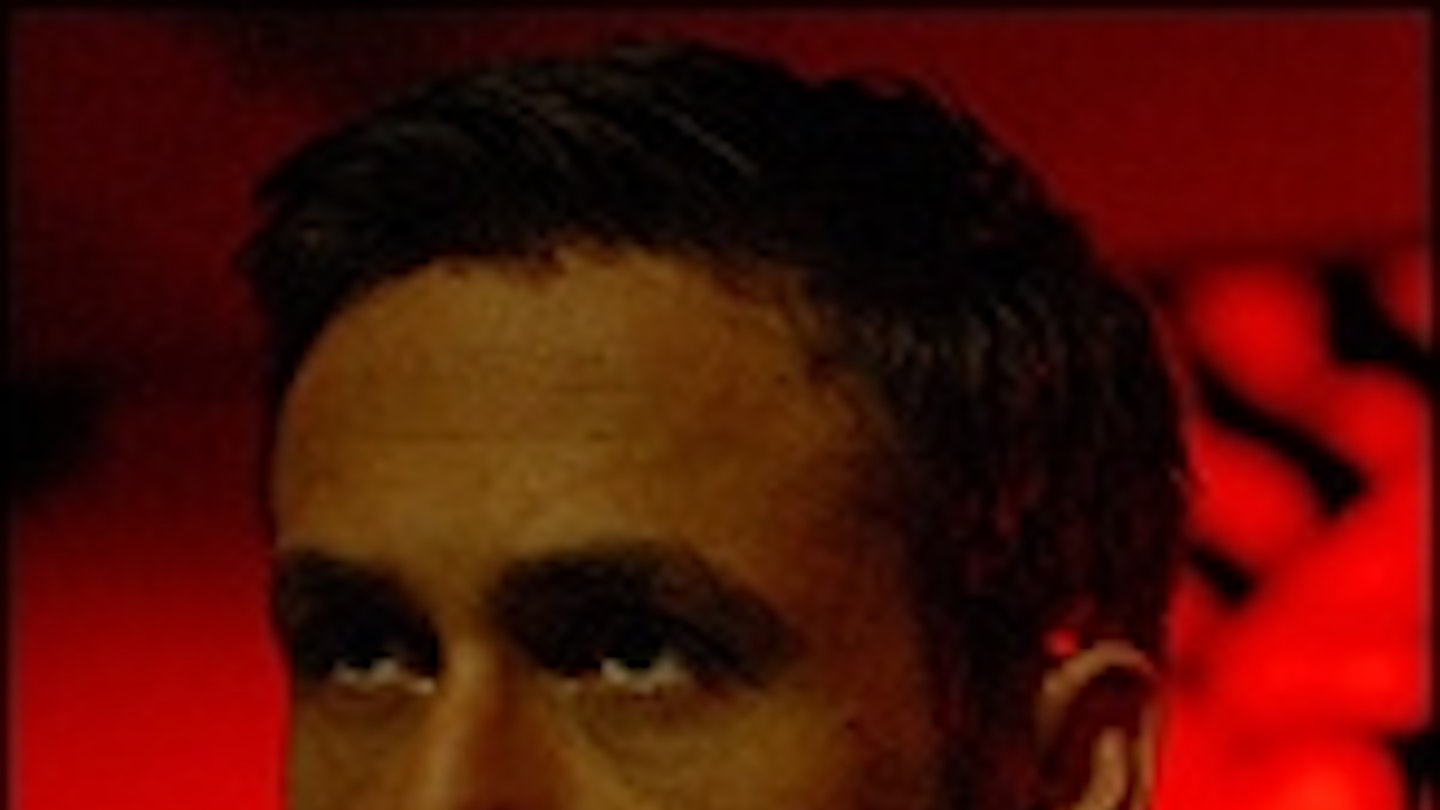"Drive," director Nicolas Winding Refn told the LA Film Festival recently, “was like getting the best cocaine and doing it all night long. But Only God Forgives is like doing acid. Not the kind where you sit in a chair and see things — the kind of *good *acid where you *become *the chair.”
Quite a lot of people left their chairs when the film made its debut in Cannes in May, decrying Winding Refn’s baby as vapid, pretentious and, most damning of all, meaningless. But for those who swallowed the tab whole, the Danish director’s ninth feature was one of the best films of the festival: a hallucinatory study of guilt and a punishing vision of one man’s private purgatory.
The film is dedicated to Chilean director Alejandro Jodorowsky, and Winding Refn clearly delves into the surrealist master’s treasure trove of themes. Though it takes the trappings of a gangster film, this is the violent, psychedelic study of a petty criminal trapped in hell, bent on picking a fight with his creator.
The surest way to differentiate Only God Forgives from its predecessor is to say Drive was a Ryan Gosling movie directed by Winding Refn, and this time the tables have turned: Gosling is making a guest appearance in a Winding Refn movie. These can be bloody, arty, baffling affairs, but most of all they deal with issues of conscience— and it’s worth noting that his key films (Pusher, Bronson and Drive) deal with masculinity, whether in crisis or not.
They also feature near-silent antiheroes, and here that role is played not by Gosling but the extraordinary Vithaya Pansringarm as the nameless Angel Of Vengeance, a supernatural cop who inexplicably pulls a bushido sword from his shoulder blades, dispensing swift and painful justice. The backbone of the film, the Angel is summoned from Julian’s warped subconscious as he deals with the fallout from his dysfunctional and psychopathic family. How much is real is never made clear; instead, the film plays out as a warped, lysergic High Noon as the hunted and the h(a)unted square up for the final confrontation.
If Gosling is the biggest draw, Only God Forgives may not be for you: Winding Refn’s style is mannered and often agonisingly slow, with awkward silences and long stares into the inky blackness. Courtesy of cinematographer Larry Smith, who makes the neon sleaze of Bangkok both dangerous and beautiful, everything is bathed in disorientating primary colours, while the violence reaches a very, very nasty apogee with an extended torture scene that dwarfs anything in the ‘controversial’ Gangster Squad.
There is also the matter of Kristin Scott Thomas — Fiona from Four Weddings all decked out like a Malibu-trash gangster’s moll. One might expect the kind of showy set-piece in which a name actor plays coarsely against type, but Scott Thomas’ Crystal is not that kind of role. Crystal, with the exception of her first and final scenes, is an apparition that visits Julian to remind him of all the perverted facets of their bizarre relationship, by turns seducing him, humiliating him and, finally, ready to destroy him.
If you’re prepared to settle into the film’s unorthodox rhythms, you’ll be rewarded by Cliff Martinez’s superb score, which perfectly complements the film’s wild mélange of elements, acknowledging its Thai setting with eerie Eastern sounds that, by the end, feel like the spirits of Bangkok are getting ready to rise up and cleanse the world of Crystal and her immoral brood.
Repeat viewings only add to the texture, though there will never be that eureka moment second time around. Instead, Only God Forgives is about the way time stands still in the darkness, and nothing articulates this better than the scenes in which the Angel relaxes after a hard day’s vengeance, crooning melancholy Thai pop songs to an audience of unblinking cops.






